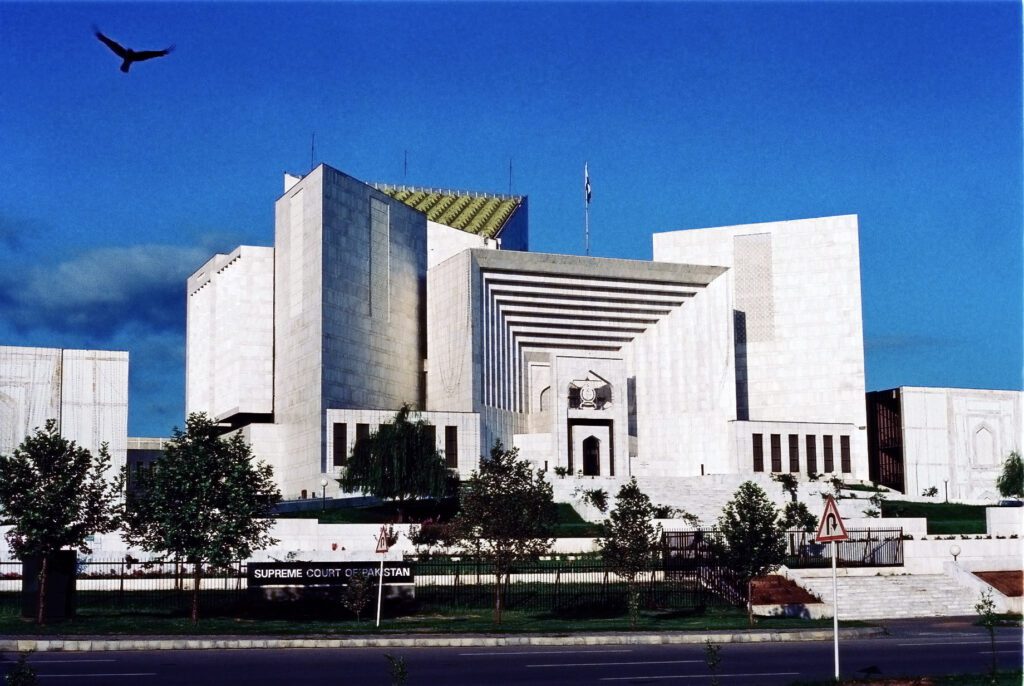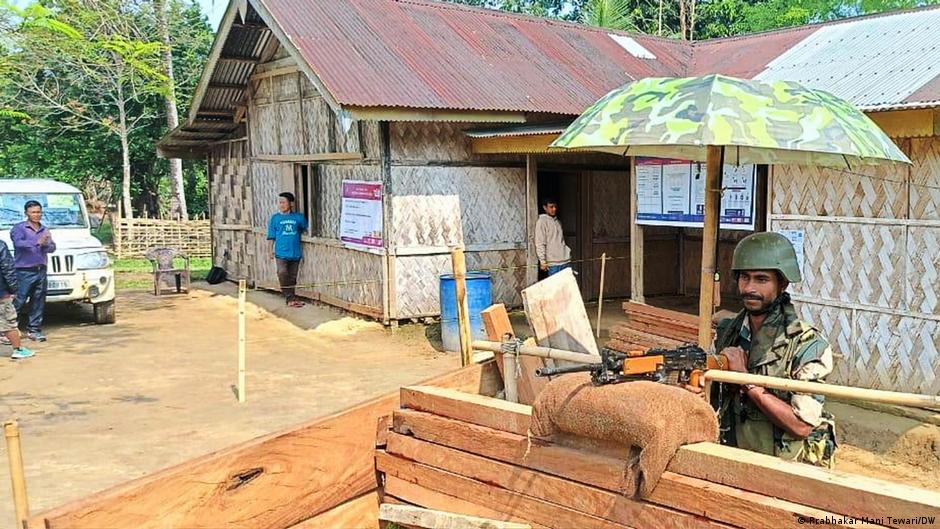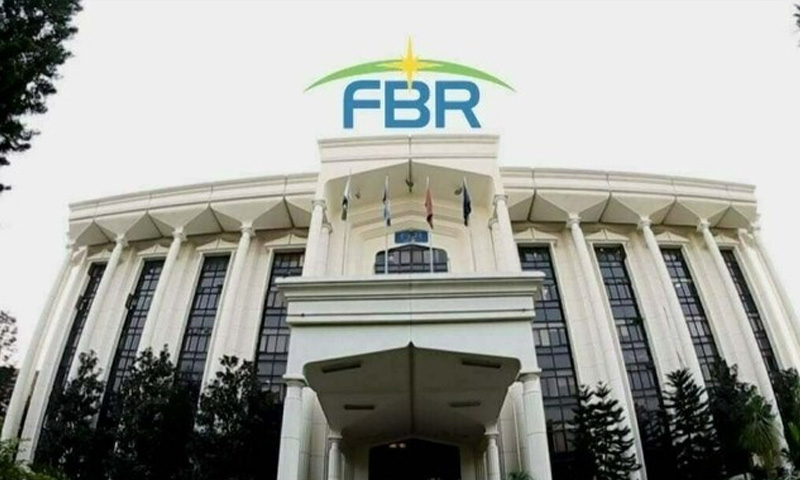- DW
- Today
SC rejects ECP’s plea to review Punjab Assembly election date
-
- Web Desk
- Aug 31, 2023

ISLAMABAD: The Supreme Court of Pakistan on Thursday dismissed the Election Commission of Pakistan’s (ECP) request for a review of the court’s decision regarding the scheduling of elections for the Punjab Assembly on May 14.
A three-judge panel led by Chief Justice of Pakistan Umar Ata Bandial, alongside Justice Ijazul Ahsan and Justice Muneeb Akhtar, heard the plea.
In an unanimous decision on April 4, the bench had overturned the ECP’s decision to extend the election date for the province from April 10 to October 8, instead setting May 14 as the revised date.
During the hearing, ECP lawyer Sajeel Swati requested an additional week for preparation. However, the Chief Justice of Pakistan urged the lawyer to present his stance, assuring that the bench would review the case.
The lawyer explained the need for time to prepare additional arguments, focusing on the central question of the authority to set election dates after amendments to Sections 57 and 58 of the Elections Act 2017.
Justice Muneeb Akhtar reminded the lawyer that this was a review plea and advised against raising new points not brought up in the original case.
The ECP lawyer was asked by the judges to specifically identify errors in the original order that warranted a review. The lawyer highlighted the importance of the president’s role in changing election dates.
ECP considering early election schedule announcement
Chief Justice Bandial stressed that the ECP should use constitutional powers to fulfill its responsibilities. Justice Akhtar noted the inconsistency in the lawyer’s arguments.
“The Constitution is not anyone’s property. No one can violate or deviate from the Constitution,” Justice Akhtar said, emphasizing the importance of constitutional adherence.
In its review plea, the ECP argued that changing the election schedule fell under its jurisdiction according to Section 58 of the Elections Act 2017. The ECP urged the court to reconsider its April 4 decision in light of practical considerations outlined in Article 254, which allowed flexibility in election timing.
The plea criticized the court’s assumption of the role of setting the poll date, stating that this was not a constitutional function of the judicial branch. The ECP insisted that this power rested solely with the ECP as per Section 58.
The review petition further argued that while the Constitution was silent on election date changes, recourse should be sought from the Elections Act. It highlighted that the legislature was aware of potential date changes and had empowered the ECP accordingly.
Justice Akhtar requested the ECP’s counsel to read out the court’s verdict and pinpoint mistakes for review.
The Supreme Court ultimately rejected the ECP’s review petition regarding the Punjab elections, with Chief Justice Bandial reaffirming the court’s commitment to intervening in the face of constitutional violations.




